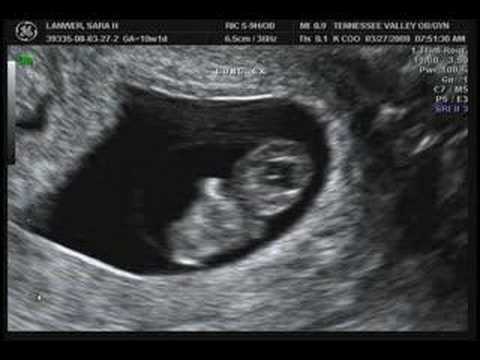

Not surprisingly, as you age, your risk of miscarriage increases to 20-35% by the time you’re 35 and 50% by the time you’re 45. What is the chance of miscarriage in general?įor generally healthy women in the United States, the miscarriage risk is between 10-25%, according to the American Pregnancy Association. Still, pregnancy - especially after a long and difficult fertility journey - is not without anxiety, so to help ease your worries, let’s dive into what the chances actually are of having a miscarriage after hearing a heartbeat. Getting past your first trimester without any complications reduces your risk of miscarriage even further.

The embryo-turned-fetus develops distinct facial features, limbs, organs, bones, and muscles, and has an assigned sex! According to a study published in JAMA, after an ultrasound confirms a baby's heartbeat at 8 weeks, the risk of miscarriage is ~3%.Īll in all, most healthcare providers will say the first 13 weeks of pregnancy are the most critical (1st trimester) since rapid growth and development take place during this time.

Hearing your baby’s heartbeat for the first time is an exciting milestone - and not just because it’s proof of a future life, but because your miscarriage risk actually declines.


 0 kommentar(er)
0 kommentar(er)
